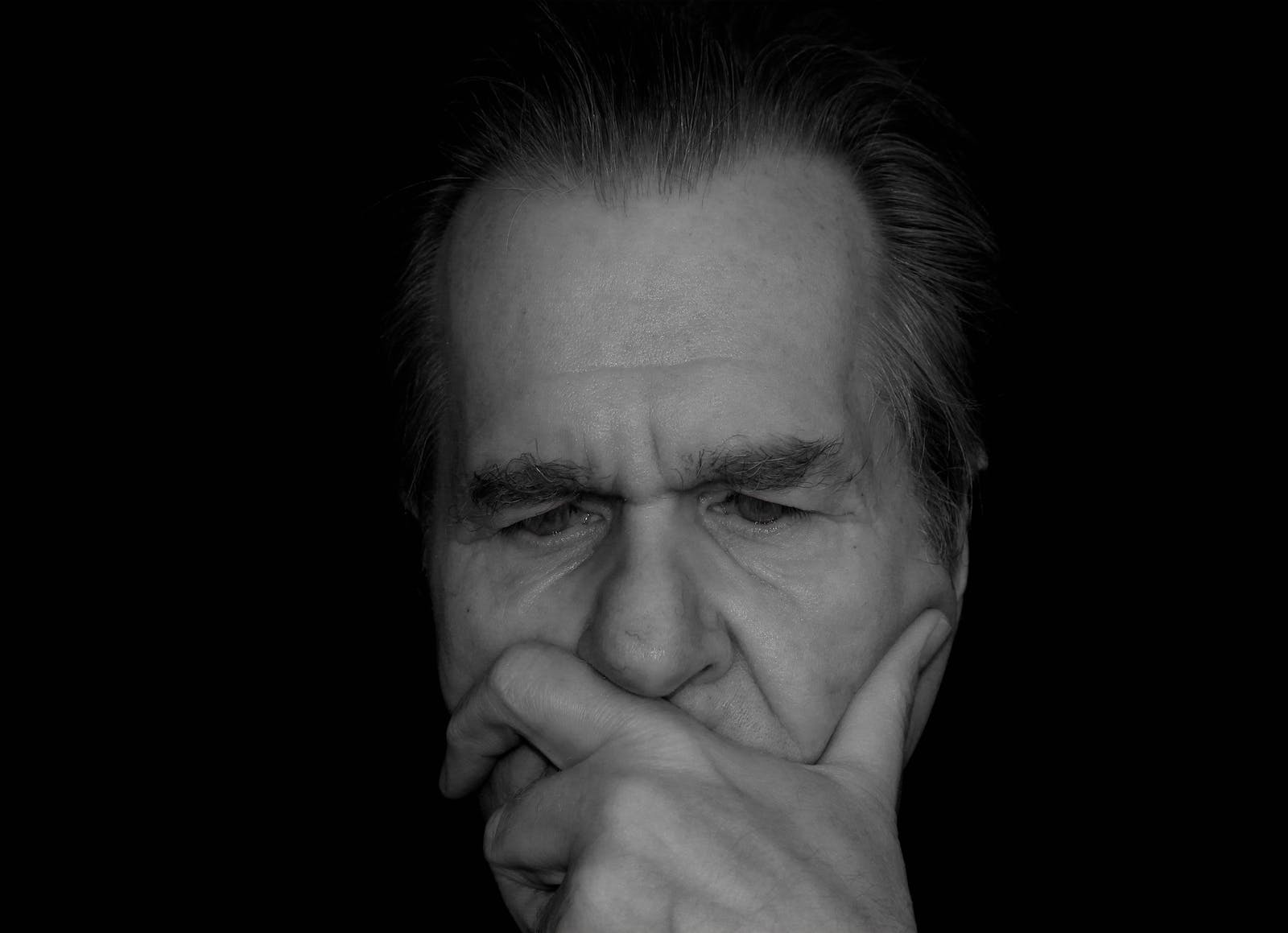OPINION
Owen Jennings
Owen Jennings is a former ACT MP.
It is worth stopping and thinking about the events around the 6th of February 1840. James Busby, a Scotsman was thinking about his 38th birthday, due the next day. More likely he was wondering if a large gathering of Maori chiefs who were arriving were going to oblige his new acquaintance, William Hobson by signing a document he had pulled together hastily the night before. It was to become the Treaty of Waitangi.
It is not difficult to imagine the entrepreneurial, successful businessman designated, some seven years earlier, the British Resident by Queen Victoria – a governing role of sorts – huddled over candles late into the night searching for a form of words that would suffice his masters, back in Westminster as well as the anxious chiefs arriving from all parts of the North Island.
There were many and varied pressures in the young colony. Lawless sealers and whalers, acting with impunity, Iwi freshly armed with muskets fighting fiercely with each other, but worrying about losing land, mana and their tenuous control, missionaries trying to keep the peace, French and Dutch opportunists ready to unfurl their country’s flags and various attempts, even by Busby, to find a solution having largely failed. Governor Richard Bourke, of New South Wales, required Busby to protect the more orderly British settlers and traders and prevent ‘outrages’ by the less orderly Europeans against Maori. He was given no resources to manage this dictate.
By early 1840 Busby as British resident was aware that the House of Lords in London had recommended in 1837 a voluntary transfer of sovereignty from the Maori to the British Crown. Hobson, who was appointed Consul, was instructed to carry out the Crown’s wishes. Hobson had three instructions – to gain freely given Maori recognition of British sovereignty over all or part of New Zealand, to assume complete control over land matters, and to establish a form of civil government.
He was required “to treat the Aborigines of New Zealand for the recognition of Her Majesty’s Sovereign authority over the whole or any part of those islands which they may be willing to place under Her Majesty’s dominion”.
If the concept of co-governance was in the front of his or Busby’s mind it is not difficult to consider he would have written a much different document.
There is not the slightest hint of co-governance in the preamble. Conversely, there are two clear references to Queen Victoria assuming sovereignty over “all lands”.
It is not credible to think that something as dramatic, unique and consequential as co-governance would not be very adequately introduced in this preamble. Equally, there would be a good deal more detail in the Articles, establishing a framework for co-governance beyond the much debated kawanatanga (governorship) and rangatiratanga (chieftainship) references in Article Two.
There is no logical reason to think that these expressions were made in respect of anything other than land and possessions then owned by various tribes in the same way as property rights are enshrined in law today.
If the Queen, her ministers in Whitehall, governing authorities in New South Wales and the new colony, Hobson, Busby, Freeman, Colenso or any other party had any intent to create what would have been a novel and unique co-governance instrument, it would have surely been a great deal more evident in the lead up to the Treaty, the Treaty itself and the statements recorded by Colenso and others subsequently. He iwi tahi tatou.

